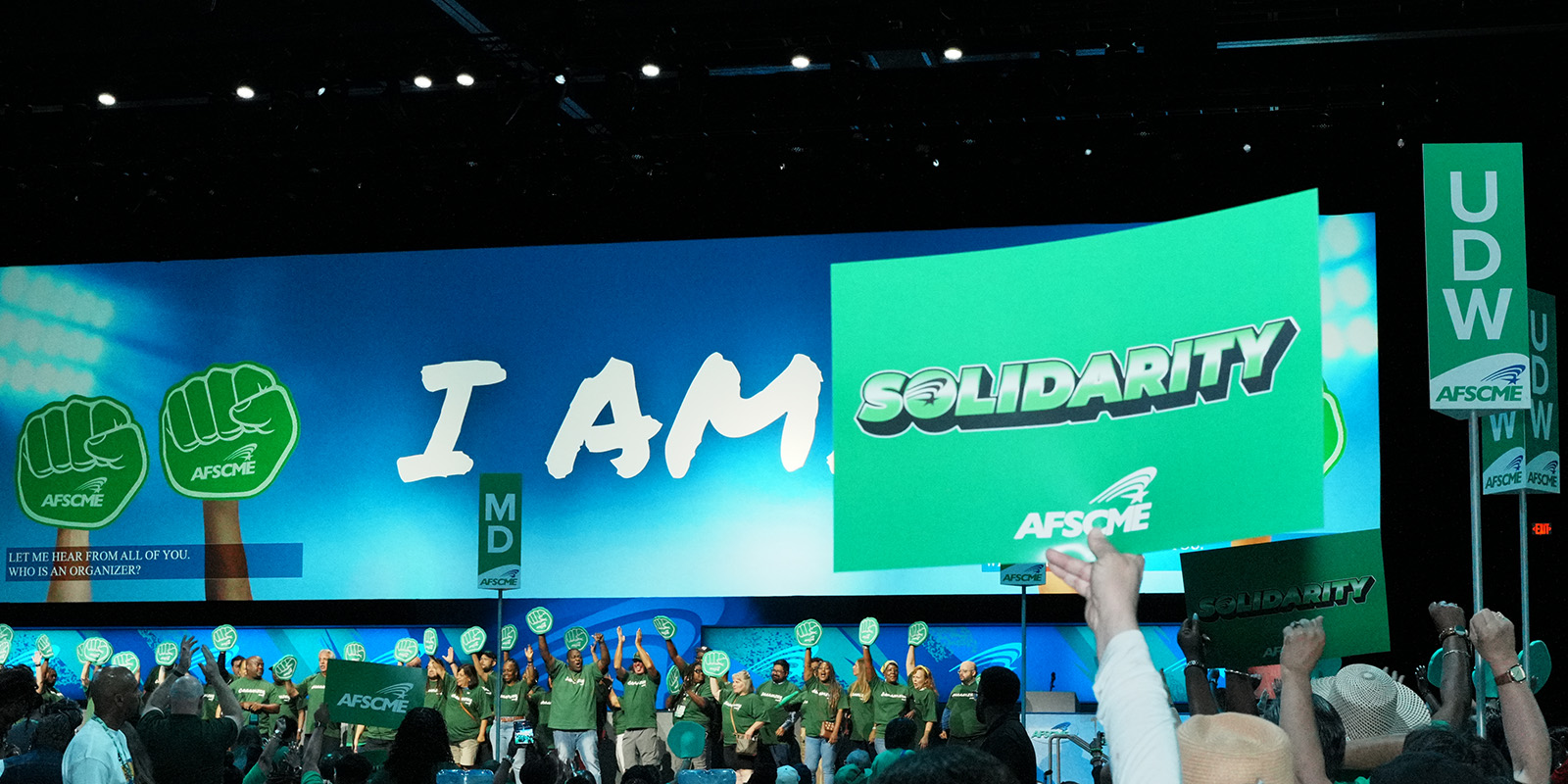All local union delegates and alternate delegates to the Convention must be elected by secret ballot vote of the membership of their respective locals. Delegates representing councils or retiree chapters who intend to participate in the nomination and the election of the International officers must be elected by secret ballot vote of the membership of their council’s affiliated local unions or by vote of the members of such delegate’s retiree chapter or its subchapters. Otherwise, council or retiree chapter delegates who are not participating in the nomination or election of International officers may be elected by the delegates to the council Convention, delegate assembly or other similar body of the council, or by delegates to the retiree chapter Convention, but such election must be by secret ballot vote of those delegates. A secret ballot is, of course, unnecessary when a candidate is unopposed. However, the rest of the rules regarding notice, qualification, nomination, etc., must be followed.
The following requirements are mandated by the AFSCME Elections Code in Appendix D of the International Constitution and federal law. Appointment or election of delegates by the executive board of a subordinate body does not meet these requirements.
- Notice of the nomination and election of Convention delegates must be given by mail to all members in good standing at least 15 days before the date or dates on which the nomination and election are to be held. The notice requirements may be fulfilled by mailing such notice of nomination and election to the last known address of the member OR by publication either in a local union paper or newsletter sent by mail to each member at their last known home address rather than by a separate mailing. However, notice by publication must still be given 15 days prior to the nomination and election, and the notice must be prominently placed in the paper or newsletter. The requirement that notice of nomination and election be given by mail means that such notice must be sent through the U.S. Postal Service. Distribution of the notice by email or through an employer’s interoffice mail system will not satisfy this requirement.
- Nominations may be made at a regular or special meeting by a local union member or, in the case of a council, by a delegate to such council or, in the case of a retiree chapter, by a delegate or member of such chapter. Nominations may also be made by a nominating committee, unless prohibited by the constitution of the subordinate body. Those nominated shall be afforded the opportunity to decline, and the name of any nominee who declines shall not appear on the ballot. Write-in votes shall not be valid for any purpose.
- All members in good standing must be allowed to vote. There may be no proxy ballots. No member may cast a vote on behalf of another member.
- The voting itself must be done by secret ballot, either through the use of a machine, a closed-in voting booth, a mail referendum, or other proper and accepted procedure. Electronic voting systems may be used to conduct secret ballot elections; provided the system used satisfies the requirements of the International Constitution and the LMRDA. Local unions with 2,000 or more members, and Councils, may conduct secret ballot elections with the use of remote electronic voting systems. Local unions with less than 2,000 members may use electronic voting systems upon the pre-approval of the International President. Any electronic voting system used must satisfy the secrecy requirements of the International Constitution and LMRDA. Locals using electronic voting systems must make an alternative voting method available to any member who does not have access to the electronic system selected.
- Every candidate for election may have an observer present at the polls while the polls are open and when the votes are counted. The observer must be a member of the Federation.
- Unlike the election of local union officers, the election of local union delegates to the International Convention does not require a majority of the votes cast unless that requirement is specifically stated in the local’s constitution.
- All election records, including ballots, must be retained for at least one year after the election.
ELIGIBILITY TO VOTE IN ELECTIONS
The U.S. Department of Labor has ruled that if an affiliate constitution provides that an officer of the affiliate who is elected to such office by secret ballot is also to be a delegate to the International Convention, by virtue of such office the officer is properly considered elected as a delegate. In the case of a local, the secret ballot vote must be a vote of the membership of the local. An officer elected to such office by the executive board of a local union to fill a vacancy is not properly elected as a delegate, since such officer was not elected by a secret ballot vote of the membership of the local. The same procedure holds true for a council or retiree chapter except that an officer elected by secret ballot vote of the delegates to the council Convention, delegate assembly or other similar body of the council, or elected by delegates at the retiree chapter Convention, cannot participate in the nomination or election of International Officers.



